Charlton Heston Was as “Humorless as a CAT Scan,” Fellow Actor Said
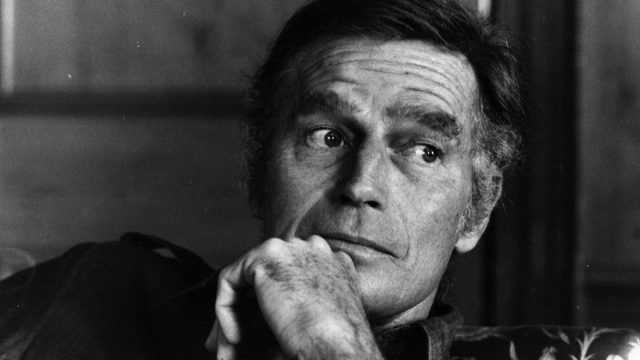
Charlton Heston is best remembered today for his iconic lamentations the end of 1968’s Planet of the Apes, a sci-fi classic that some have called campy but which no one would describe as a barrel of laughs. According to a memoir by stage and screen actor Frank Langella, such seriousness was par for the course for the late star, who also delivered indelible performances in such noted non-comedies as The Ten Commandments, Ben-Hur, Soylent Green, and The Omega Man. In his 2012 book, Dropped Names: Famous Men and Women As I Knew Them, Langella shared some stories about Heston and described him as being “humorless as a CAT scan.” Read on to find out more.
READ THIS NEXT: Cher Called Madonna a “Spoiled Brat”After Hosting Her at Her House.
Langella slammed Heston and other stars in his memoir.
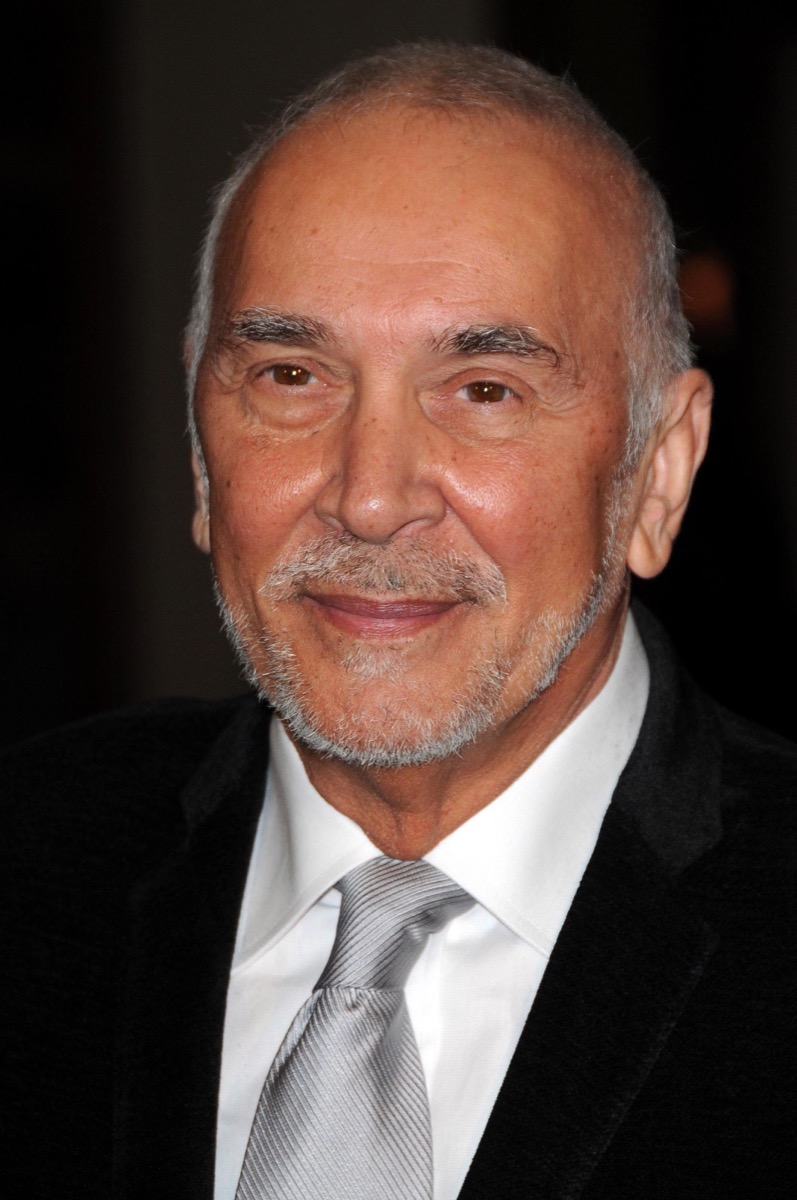
Over the course of a nearly 60-year career as an actor, 85-year-old Langella has racked up an impressive list of credits on Broadway (where he won a Tony Award for playing Richard Nixon in the 2006 play Frost/Nixon), in films (and he’s appeared in more than 50 of them, from schlock like 1987’s Masters of the Universe to the 2008 film adaptation of Frost/Nixon, for which he was nominated for the Best Actor Oscar), and on TV (Star Trek: Deep Space Nine, The Americans).
Along the way, he’s collected an equally impressive list of co-stars and famous acquaintances—and he was more than happy to dish about them in his 2012 memoir. The book is filled with Langella’s frank (no pun intended) assessments of famous personalities, from Anne Bancroft (“so vain she fell in love with her own reflection”) to Paul Newman (“dull”).
And despite admitting that Heston “acquits himself outstandingly” in Ben-Hur and appeared in one of his favorite films, Orson Welles’ Touch of Evil, Langella was also eager to trash talk the former president of the Screen Actors Guild in the pages of Dropped Names.
Heston was “a piece of wood” with “about as much sex appeal as a railroad tie.”
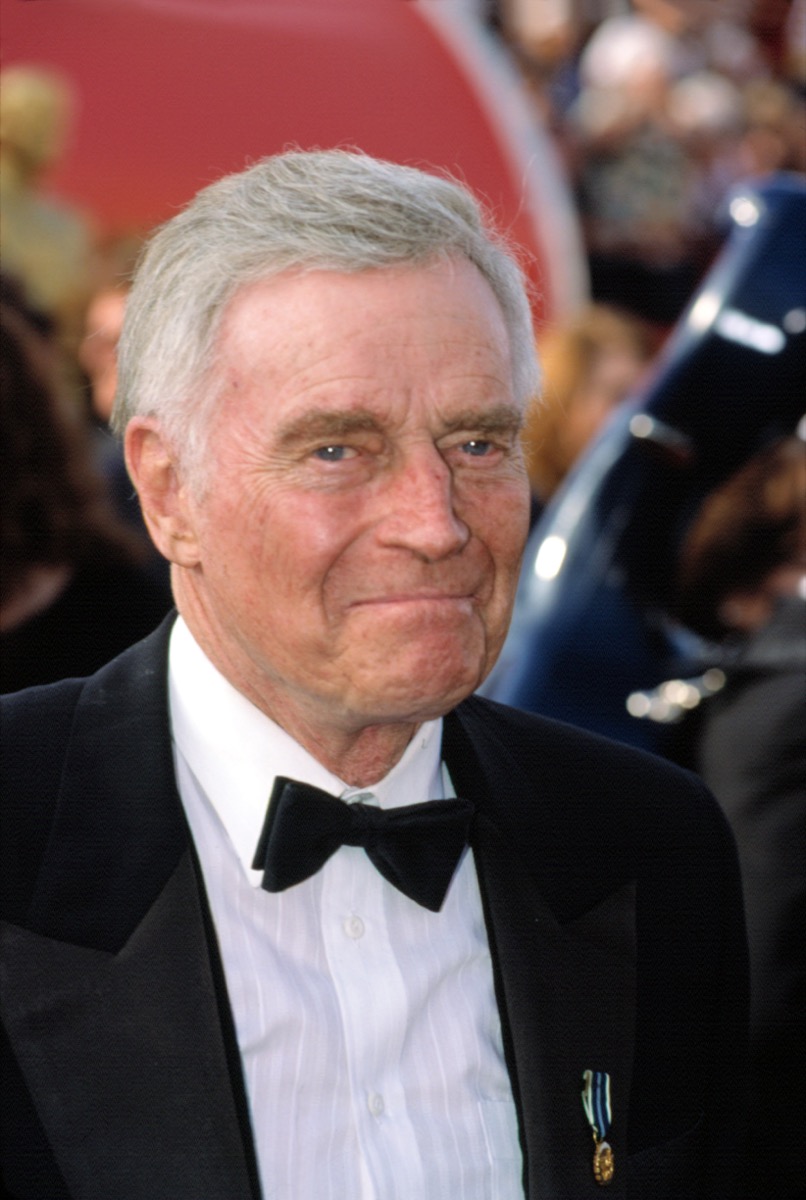
“He had an original jawline, I’ll give him that,” is what passes for a compliment from Langella, and it’s certainly the nicest thing he had to say about Heston’s onscreen allure. In Dropped Names, he characterizes him as “a great movie star… under the impression he was also a great actor.”
In Langella’s words, Heston, who died in 2008, “possessed about as much sex appeal as a railroad tie and was about as humorless as a CAT scan.” The best he can say about Heston’s turn in Touch of Evil (which, if you’ll remember, the author proclaims to love) is that the film “demonstrates how weak a piece of wood he could be.”
Recounting his experience seeing Heston onstage in a performance of Arthur Miller’s The Crucible in the early ‘80s, Langella remembered a companion turning to him during the intermission to ask if they could make a citizen’s arrest due to Heston’s stiff performance. “Not likely. Chuck was on the board of the theatre,” Langella quipped.
For more celebrity feuds sent right to your inbox, sign up for our daily newsletter.
Heston also annoyed Langella in real life.
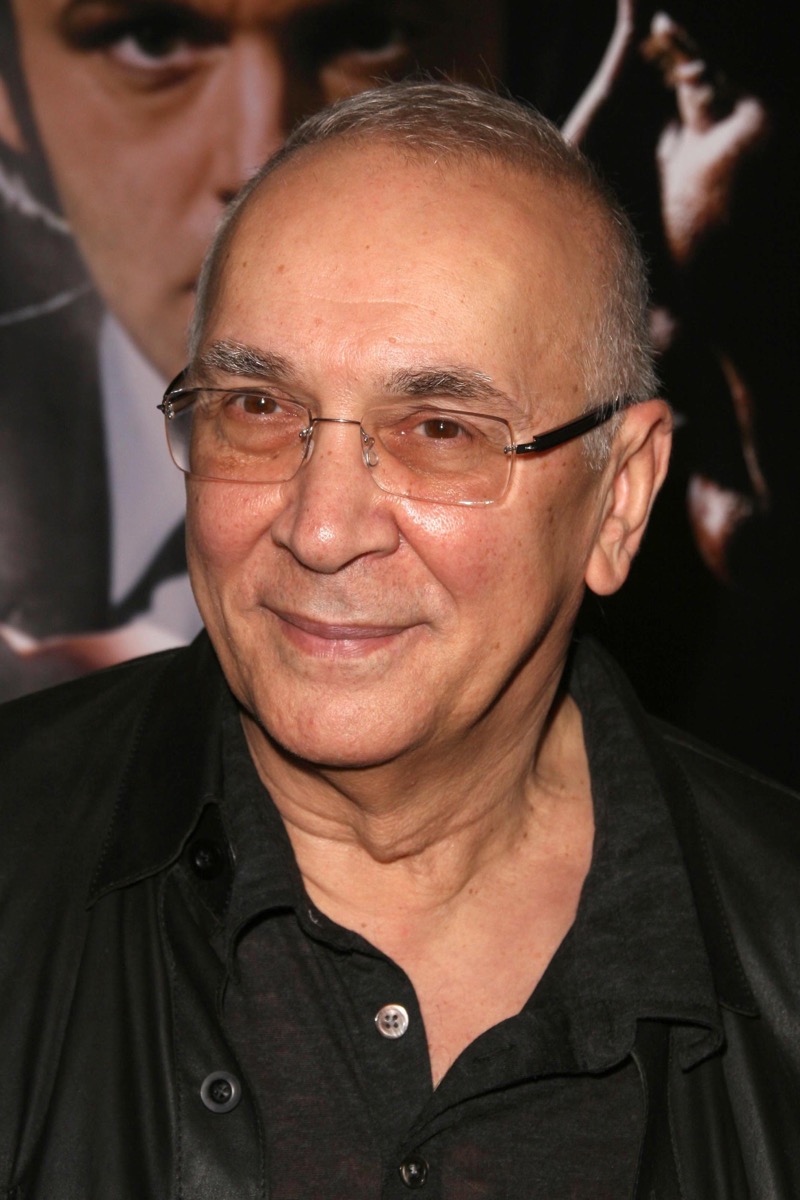
For all of those criticisms of his work, Langella seems to have found Heston even more exasperating in real life. While they didn’t work together, they would frequently cross paths while moving in Hollywood circles, and Langella claimed that Heston would always go out of his way to make himself the center of attention at every occasion.
“At whatever function one attended, he would greet you as if he were the host,” he wrote in Dropped Names. “This could be at the Oscars, Golden Globes, or a dinner at someone’s house. It was as if he had appointed himself the forever Numero Uno on the call sheet of life.”
According to the Dracula star, Heston loved to corner guests as a party to pontificate about the First Amendment… and the Second. (Heston was famously the president and public face of the National Rifle Association in the late ’90s, at one point saying in a speech that if then-U.S. presidential candidate Al Gore wanted stricter gun control laws, Gore would have to pry the firearm from his “cold, dead hands.”)
“So endemic to his personality was a certainty of his place on the planet that you tended to look for twisted, thick roots emerging from wherever it was he was standing,” Langella wrote.
He lambasted Heston for making a tribute to Laurence Olivier all about himself.
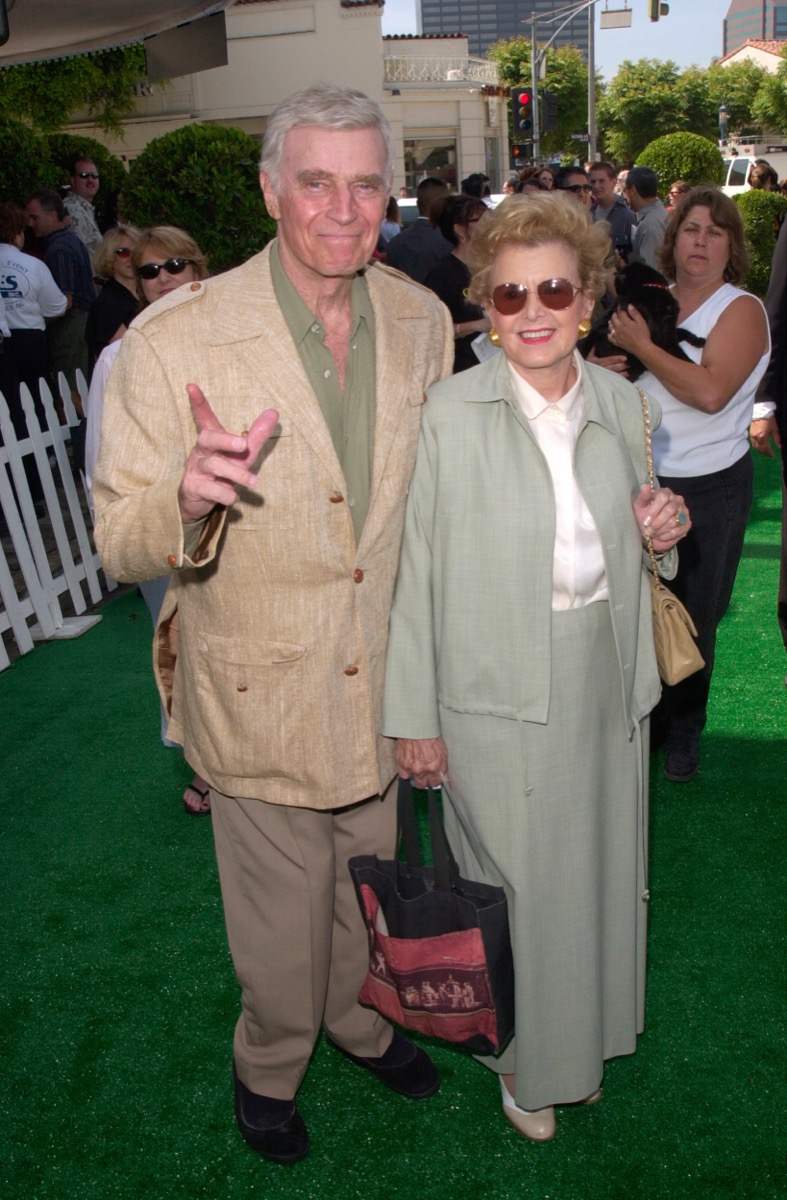
Langella’s memoir goes into particular detail recounting Heston’s alleged self-centered tendencies being on full display during a dinner honoring Laurence Olivier, held at New York City’s Lincoln Center in 1983.
After welcoming each guest as if he were the party’s host, Heston reportedly did his best to pull focus onto himself during the event, which was also attended by the likes of Dustin Hoffman and George C. Scott.
“[Heston] launched into a 10-minute tribute to [Olivier] that basically centered on Chuck’s description of what it took to be a great actor,” Langella wrote. He claimed that the speech was so harrowing to endue that it prompted a snide exchange between Tony Curtis and Langella’s companion for the evening, Maggie Smith.
“Tony Curtis said aloud to our little table: ‘Doesn’t Chuck make great speeches?’ ‘Oh yes,’ said Maggie. ‘He should never be allowed to do anything else,'” Langella wrote.
Heston had passed several years before Langella’s book hit shelves, but the actor and memoirist told the Associated Press that he did endeavor to connect with the family members of his subjects where he could. He also said that even more gossip and opinions were left on the cutting room floor when he found them inappropriate to include.
“A great, great deal was cut. Twice the book was cut,” he explained. “Because I wrote utterly without censorship. I wrote with abandon and I wrote exactly what I felt and exactly what happened in a tremendous amount of detail, which was very cathartic. And then I said, ‘OK, that was cathartic for me, but now it goes into the fireplace.'”